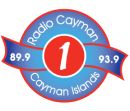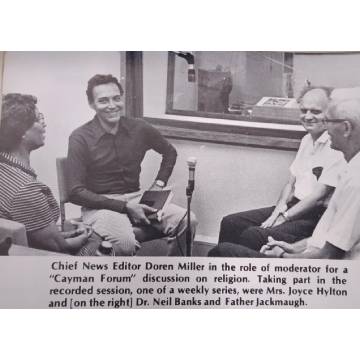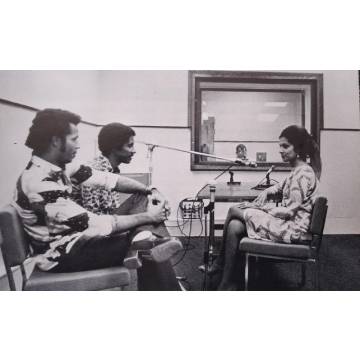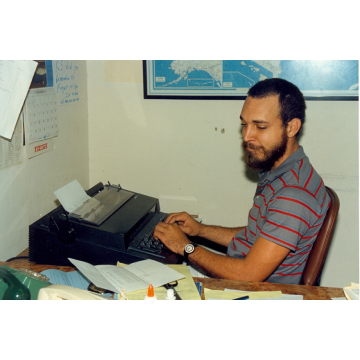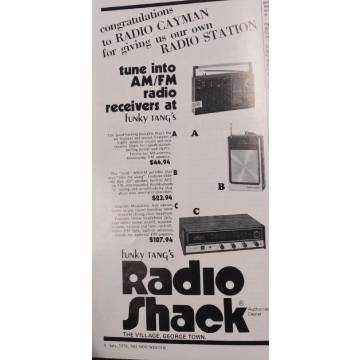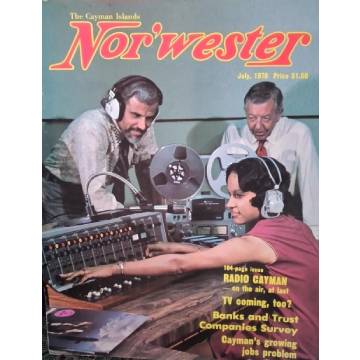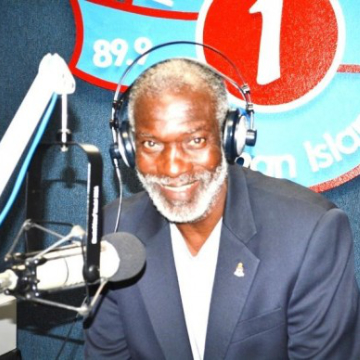News
CCMI offers need-based scholarships to upcoming Caribbean Marine Ecology Camp sessions in Little Cayman
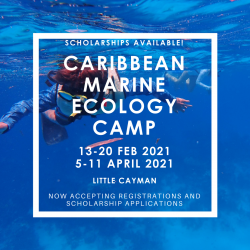
With Cayman’s borders still closed to regular travel, the Central Caribbean Marine Institute (CCMI) is offering the popular Caribbean Marine Ecology Camp for mid-term break (13-20 February) and Easter break (5-11 April) for local students ages 13-17. Camp participants spend a week scuba diving and snorkeling at some of the world’s most stunning coral reefs. Days are spent learning about tropical marine ecology and conservation during this interactive programme, where no day is the same! Students benefit from classroom session as well as hands-on activities and frequent interaction with experts in marine ecology, including the CCMI researcher team. Divers and non-divers are accepted into the programme as participants, and returning campers are welcome back.
Thanks to funding from various supporters, need-based scholarships are available, covering not only the fee for camps but also the flights to/from Little Cayman for the experience. Six scholarships are available for the February camps thanks to a grant from the Edmund F. and Virginia. B Ball Foundation and several local donors. The 12 scholarships for the April camp session are made possible by support from the R3 Cayman Foundation, who is eager to support students that have a passion for marine life and who would benefit from this opportunity.
As one of the R3 scholars to attend a one-week residential programme with CCMI in August 2020 as an Ocean Science Scholar, Jovian and had this to say about the experience, "(The course) changes how you look at the world and how much humans have affected it."
Registration is on a rolling basis, and interest in participation in the camps can be sent to education@reefresearch.org. The February camp is also open for general enrollment, and the cost for students to attend the camp is US $2395.00 (flights to Little Cayman not included). Further details about the Caribbean Marine Ecology Course and the scholarship applications can be found at https://tinyurl.com/cmec2021.
CCMI’s Director of Research, Dr Gretchen Goodbody-Gringley, outlines why offering scholarships to local students is so important to CCMI, “At CCMI, we believe the link between research and education is critical to protecting and restoring our coral reefs. Engaging Caymanian students with the research and restoration efforts of our team at the Little Cayman Research Centre enables us to combine incredibly topical and important marine research with local education. Conservation truly begins with understanding what we are striving to protect. We strongly believe that every young Caymanian should have the opportunity to learn about the marine environment that surrounds them. Providing scholarships is key to achieving this goal.”
For more information about CCMI, the Caribbean Marine Ecology Camp and other education programmes available at CCMI, visit www.reefresearch.org or email info@reefresearch.org.
